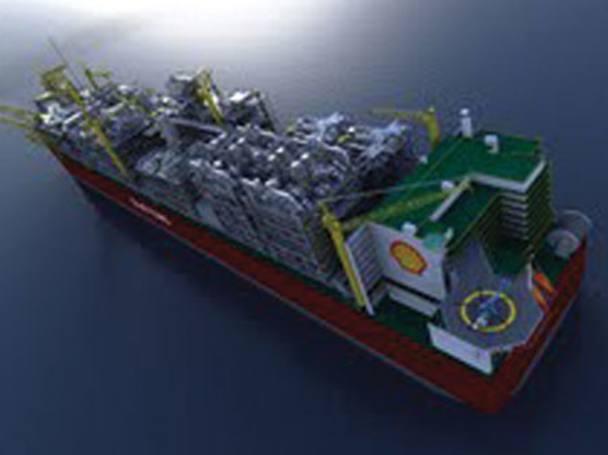Those companies that look most likely to benefit first from a sustained rise in commodity prices are those that supply kit to the extractive industries: it's the old 'picks and shovels' argument. Unfortunately, the reverse also applies. So investors shouldn't be too surprised that share prices in the oil equipment and services companies headed south once the glut in world oil markets became apparent.
Indeed, shares in all four of the sector's constituents pulled back sharply during 2014, with Petrofac (PFC) and IC favourite Hunting (HTG) down two-fifths and one-third, respectively. That's unquestionably a poor showing but, we think, it would be prudent to sit tight - especially in the case of Hunting.
Certainly, capital budgets in the oil and gas sector are being squeezed in response to the slump in crude prices. For instance, recent estimates from the Stavanger-based Norwegian Petroleum Directorate point to a 15 per cent drop in aggregate spending from the sector in Norway - Western Europe's largest oil producer. But that appears modest compared with the spending slide seen in other non-Opec producing nations, particularly given the recent dire pronouncements on capital budgets from the likes of Royal Dutch Shell (RDSB), BP (BP.) and ConocoPhillips (NYSE:COP).
Despite that, however, there are reasons to ride out the capital squeeze. That's because we think it's highly improbable that the Saudis - as well as the other Opec members - will be content to let Brent crude continue to bob around the $40-$50 a barrel range once low-margin shale drillers, unable to cope with such a low price, have been shaken out of the market. Indeed, recent research from energy consultant Wood Mackenzie reveals that once Brent crude hits the $40 mark, production costs will outweigh receipts for up to 1.5m barrels a day, or 1.6 per cent of global output. But while projects are now being curtailed, global production has been increasing at an annualised rate of 1.9 per cent over the past five years - that's short of the global step-up in demand.
Moreover, global demand is likely to remain on an upward trajectory - even though the rate of global production could conceivably slow from its current rate. That, at least, means that demand for drill-bits, wellhead pressure gauges and horizontal drilling rigs is unlikely to evaporate.
| Company name | Share price (p) | Market value (£m) | PE ratio | Dividend yield (%) | 1-year performance (%) | Last IC view |
| Amec Foster Wheeler | 815 | 3,163 | 9.9 | 5.3 | -22.7 | Hold, 1,056p, 8 Aug 2014 |
| Hunting | 470 | 698 | 7.9 | 3.8 | -41.4 | Hold, 917p, 28 Aug 2014 |
| Petrofac | 656 | 2,267 | 6.9 | 6.0 | -47.5 | Hold, 1,120p, 27 Aug 2014 |
| Wood Group (John) | 569 | 2,143 | 8.8 | 2.5 | -14.5 | Hold, 785p, 19 Aug 2014 |
Favourites
Hunting remains our favoured play. The group's proprietary offering within the specialist horizontal drilling, perforating and subsea equipment markets leaves it ideally placed for new growth areas within global oil and gas markets. The group has benefited heavily from the growth of horizontal drilling in North America, too. True, Riyadh's assault on the US shale industry is, therefore, a concern, but the group is a quality operator with sufficient balance sheet clout to see it through current market difficulties.
Outsiders
Amec Foster Wheeler (AMFW) - as a somewhat diversified play in the oil services sector - faces a mixed outlook. A strong US dollar will help because 60 per cent of the group's revenues are generated in the Americas. The group continues to benefit from strong growth at its Clean Energy business, too. And the integration of the Foster Wheeler has progressed well. However, the group - as part of a consortium - has just been stripped of a £9bn contract to run Europe's biggest nuclear waste site at Sellafield in Cumbria.









